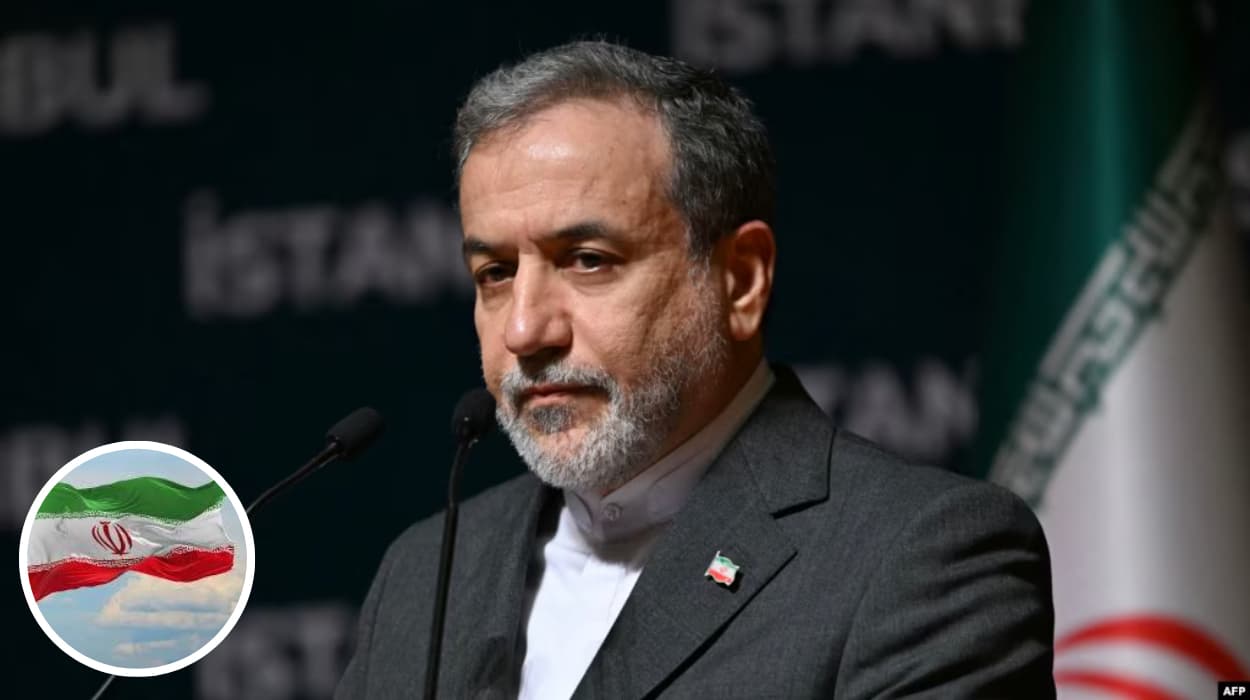Key Points
- Tensions escalate as European countries threaten to push for new UN sanctions against Iran over its nuclear activities.
- This move comes amid stalled diplomatic efforts to revive the 2015 Iran nuclear deal (JCPOA).
- Iran’s Supreme Leader issues strong warnings regarding Western pressure and demands respect for Iran’s rights.
- The U.S. and European allies are increasing diplomatic pressure while also preparing for potential fallout.
- Iran continues to advance its nuclear program, raising concerns among global powers about regional security.
- The situation has drawn significant international media coverage, emphasizing the precarious state of nuclear diplomacy.
The escalating tensions between Iran and European nations mark a pivotal moment in international nuclear diplomacy. With years of fragile negotiations towards reviving the 2015 Iran nuclear deal seemingly unraveling, Europe’s threat to pursue new United Nations sanctions reflects growing impatience and concern over Iran’s advancing nuclear activities. At the same time, Iran’s leadership has responded with resolute warnings against foreign pressures, emphasizing the nation’s sovereign rights and rejecting what it perceives as coercion. Amid this diplomatic stalemate, the United States and its allies are carefully balancing calls for restraint with preparations for potential security challenges in the Middle East. This complex and rapidly evolving situation carries profound implications for regional stability and global nonproliferation efforts, capturing worldwide attention from governments and media alike.
What is the current status of nuclear diplomacy between Iran and Europe?
The diplomatic landscape surrounding Iran's nuclear program is currently at a critical juncture. According to reporting from Geo News and other international media, European nations are increasingly frustrated with Iran's nuclear advancements and stalled negotiations related to the Joint Comprehensive Plan of Action (JCPOA), more commonly known as the Iran nuclear deal. This mounting frustration has led Europe to consider escalating measures, including threatening to push for new United Nations sanctions against Iran to compel compliance and cooperation in the nuclear talks.
Why are European countries threatening UN sanctions against Iran?
Europe's threat of UN sanctions stems from what officials describe as Iran's ongoing breaches and expansion of its nuclear program beyond agreed limits. As reported by Geo News in its July 16, 2025 coverage, European diplomats argue that Iran’s recent activities violate the spirit and the letter of the JCPOA, undermining multilateral efforts to prevent nuclear proliferation in the Middle East. The push for sanctions is seen as a leverage tool intended to bring Iran back to the negotiating table with more willingness to accept the deal's terms.
What statements have Iranian leaders made in response to this pressure?
The Iranian Supreme Leader has issued stern warnings against foreign interference and Western pressure tactics. As reported by Geo News and ARY News, Iran demands respect for its sovereign rights, particularly its right to peaceful nuclear technology, while dismissing external threats as attempts to undermine Iran's dignity and security. Iranian officials have framed the sanctions threat as a hostile act that could destabilize the already fragile region further and have called on the international community to adopt a more balanced approach.
How is the United States involved in the nuclear negotiations and sanctions discussion?
The United States continues to play a pivotal role, closely collaborating with European allies to shape the international response to Iran’s nuclear advancements. Geo News headlines from July 10 and 16 emphasize that the U.S. government is actively preparing for both diplomatic and defensive contingencies, including enhancing military readiness and security measures in the Middle East to hedge against any escalation following diplomatic breakdowns. The U.S. position remains firm on preventing Iran from obtaining nuclear weapons capabilities but advocates for a negotiated solution.
What are the implications of the sanctions threat on regional and global security?
Scholars and geopolitical analysts have warned that the threat of renewed UN sanctions risks further destabilizing an already volatile region. The escalation could provoke reciprocal measures from Iran that might include increased uranium enrichment and reduced cooperation with international nuclear inspectors. Moreover, as noted by multiple news outlets, the region's security is intertwined with broader global concerns, including Israel's position and potential spillover into neighboring countries, increasing the risk of conflict escalation.
Has the international community responded to the crisis?
International reactions have been mixed. While European countries advocate for stronger punitive measures to curb Iran’s nuclear ambitions, some world powers urge caution, emphasizing diplomatic dialogue over coercive sanctions. The United Nations remains a focal point for these negotiations, with some members warning that sanctions could deepen divisions rather than solve the nuclear impasse. News reports suggest that global diplomatic efforts to revive the JCPOA remain ongoing but are increasingly challenged by mistrust and strategic calculations.
What is the historical context of Iran's nuclear program and the JCPOA?
Since the early 2000s, Iran's nuclear program has been a source of international tension, with Western countries suspecting the country of seeking nuclear weapons capabilities. In 2015, Iran and six world powers signed the JCPOA, under which Iran agreed to limit its nuclear activities in exchange for sanctions relief. The deal significantly reduced fears of a nuclear-armed Iran but was undermined when the U.S. withdrew in 2018 under President Donald Trump and re-imposed sanctions. Since then, efforts to restore the deal have faced numerous obstacles.
How do media outlets cover the ongoing crisis?
Geo News, ARY News, and various international press emphasize a balanced and factual approach to covering the story, highlighting both the diplomatic complexities and security concerns without overt bias. Reporting highlights the perspectives of involved governments, expert analysis of potential outcomes, and implications for regional stability. Geo News’s live updates and detailed coverage have informed audiences about the rapidly changing situation.
The unfolding situation between Iran and Europe regarding nuclear diplomacy represents a critical moment with potentially far-reaching consequences. The threat of UN sanctions signals a return to higher tensions that may imperil diplomatic efforts and regional peace, emphasizing the need for careful and measured responses by all parties involved.

